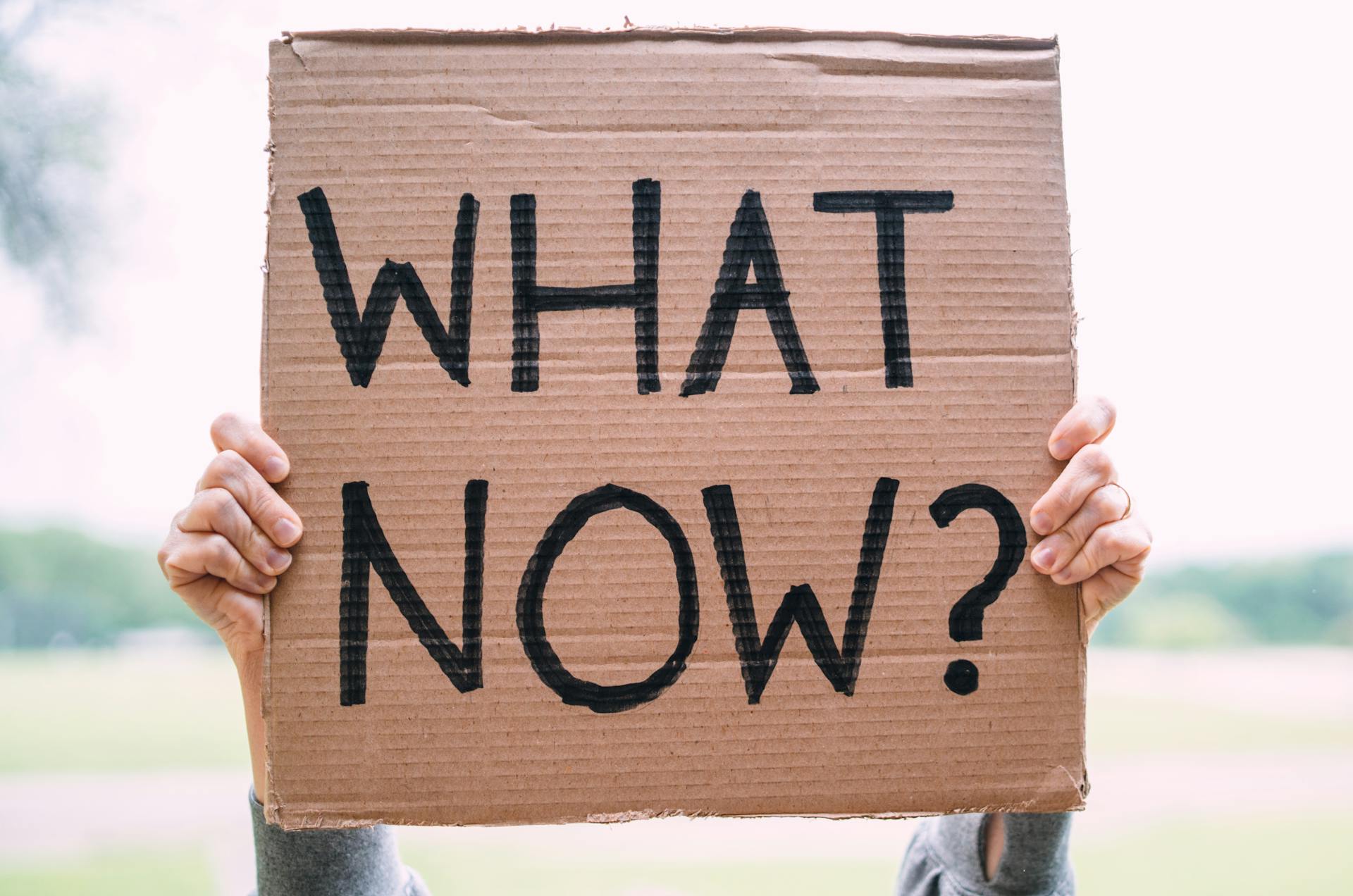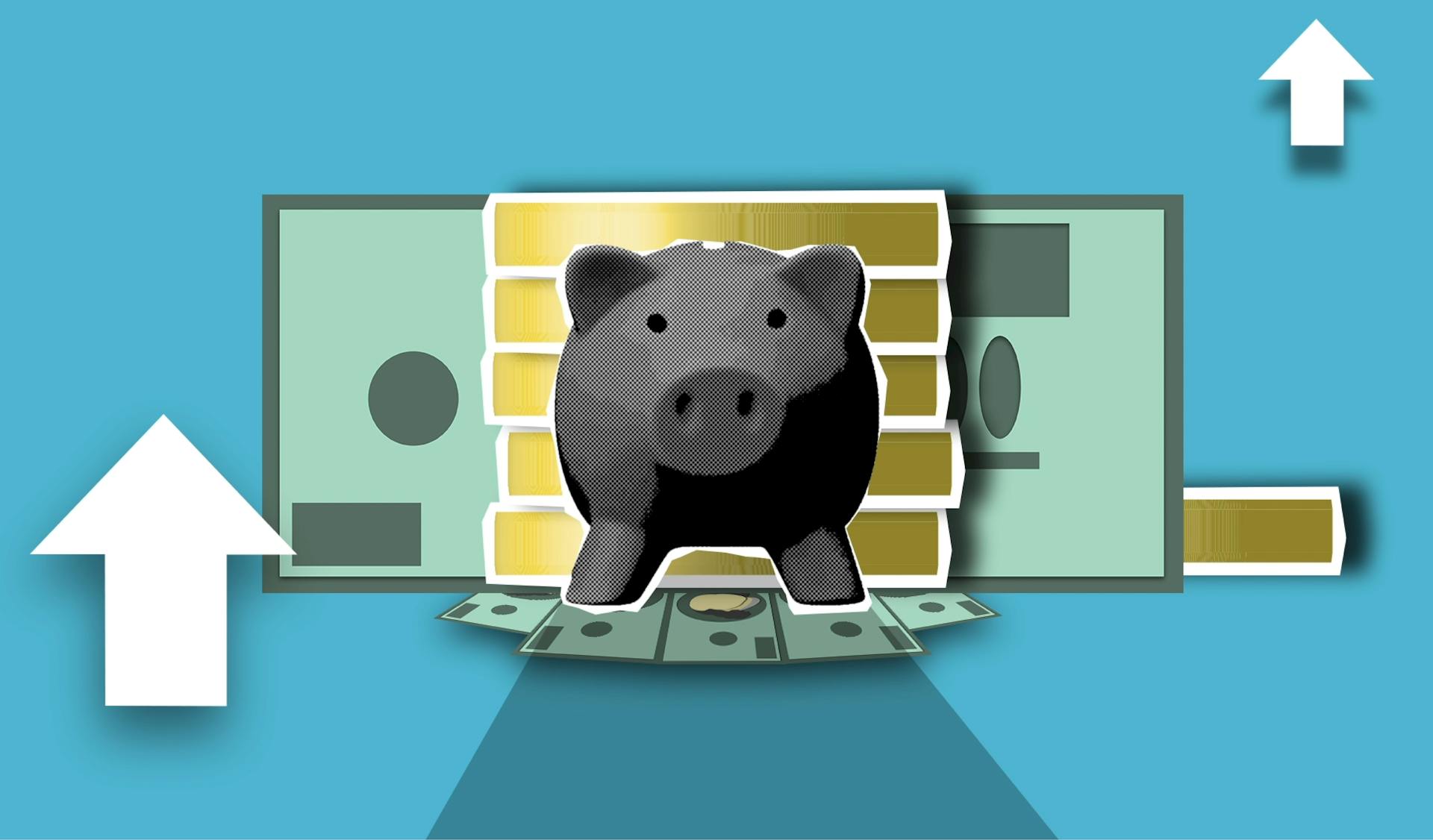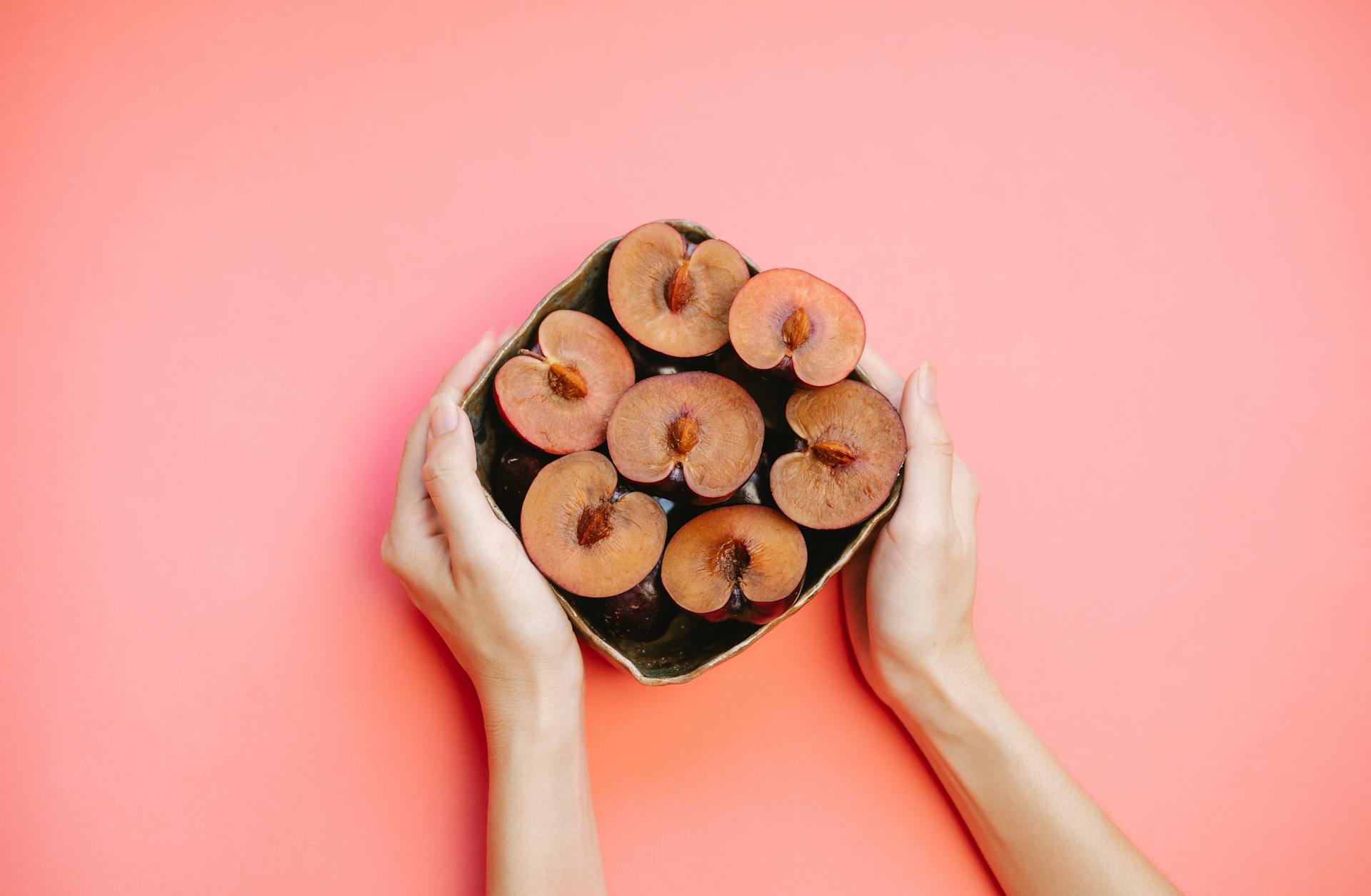
Bananas are one of the most popular fruits in the world, and for good reason. Not only are they delicious, but they're also packed with essential nutrients. People generally have an idea of how many calories and carbs a banana contains, but do you really know the exact amount?
This article answers one of the most frequently asked questions about bananas: How many calories and carbs are in a banana? Whether you're looking to lose weight or simply want to maintain a healthy diet, knowing the nutritional value of this fruit can be incredibly beneficial. And with different banana sizes unveiled, you'll learn just how much your favorite fruit is contributing to your daily calorie intake.
So, if you're curious about how many calories and carbs are in a banana or want to make informed decisions about your diet, keep reading!
Discover more: Ketogenic Diet Foods
The Nutritional Value of Different Banana Sizes Unveiled!
Bananas are one of the most popular fruits, and with good reason. They are packed with essential nutrients, including vitamins and minerals, that our body needs to function properly. However, did you know that the nutritional value of bananas varies based on their size? Let's explore the calorie contents of different standard banana sizes.
The average-sized banana contains approximately 100 calories. However, banana ranges from extra small shorter 6 inches 81 grams 72 calories to extra-large 9 inches longer 152 grams 135 calories. Sliced one cup (150 grams) has roughly 134 calories while mashed one cup (225 grams) amounts to about 200 calories. If you're unsure what fruit size you should pick, consider your daily calorie intake and choose accordingly.
Knowing the calorie content of each banana size can help you make informed decisions about your diet. Whether you prefer a smaller or larger banana, understanding how many bananas calories carbs contain is essential for maintaining a healthy lifestyle. So next time you grab a bunch at the store, keep in mind that an average banana equals around 100 calories and adjust accordingly!
Discerning Banana Carbs – What You Need To Know!
If you're watching your carb intake, it's essential to discern the carb content of bananas. Bananas are exclusively composed of carbs, with a small amount of fiber depending on their ripeness. The carb content varies significantly based on the size and preparation method.
For standard banana sizes, an extra small shorter banana of 6 inches (81 grams) contains 19 grams of carbs, while an extra-large 9 inches or longer (152 grams) has up to 35 grams. Sliced bananas in one cup (150 grams) have about 34 grams of carbs, while mashed bananas in one cup (225 grams) contain up to 51 grams.
Generally green or unripe bananas have fewer digestible carbs than ripe bananas. An average-sized banana has about 25 grams of carbs, with unripe green ones having even fewer. Knowing the carb content of your favorite fruit is crucial in managing your diet effectively.
Bananas contain many other beneficial nutrients
Bananas are not just full of calories and carbs, they also contain many other beneficial nutrients that make them an excellent healthy snack. A medium banana provides good amounts of fiber, vitamin B6, manganese, and vitamin C. All of these nutrients are essential for maintaining good health.
Fiber is one of the most important nutrients found in bananas. A medium banana contains 3.1 grams of fiber, which is about 10% of the daily recommended intake. Fiber helps to regulate digestion and prevent constipation. It can also help to lower cholesterol levels and reduce the risk of heart disease.
In addition to fiber, bananas also provide good amounts of vitamin B6, manganese, and vitamin C. Vitamin B6 is important for brain development and function, while manganese helps to support bone health. Vitamin C is a powerful antioxidant that helps to boost the immune system and protect against disease. With all these beneficial nutrients in a low calorie snack, it's easy to see why bananas should be a part of everyone's diet!
You might like: Watermelon Health Benefits
Savour the Flavours of Bananas and its Delicious Variations
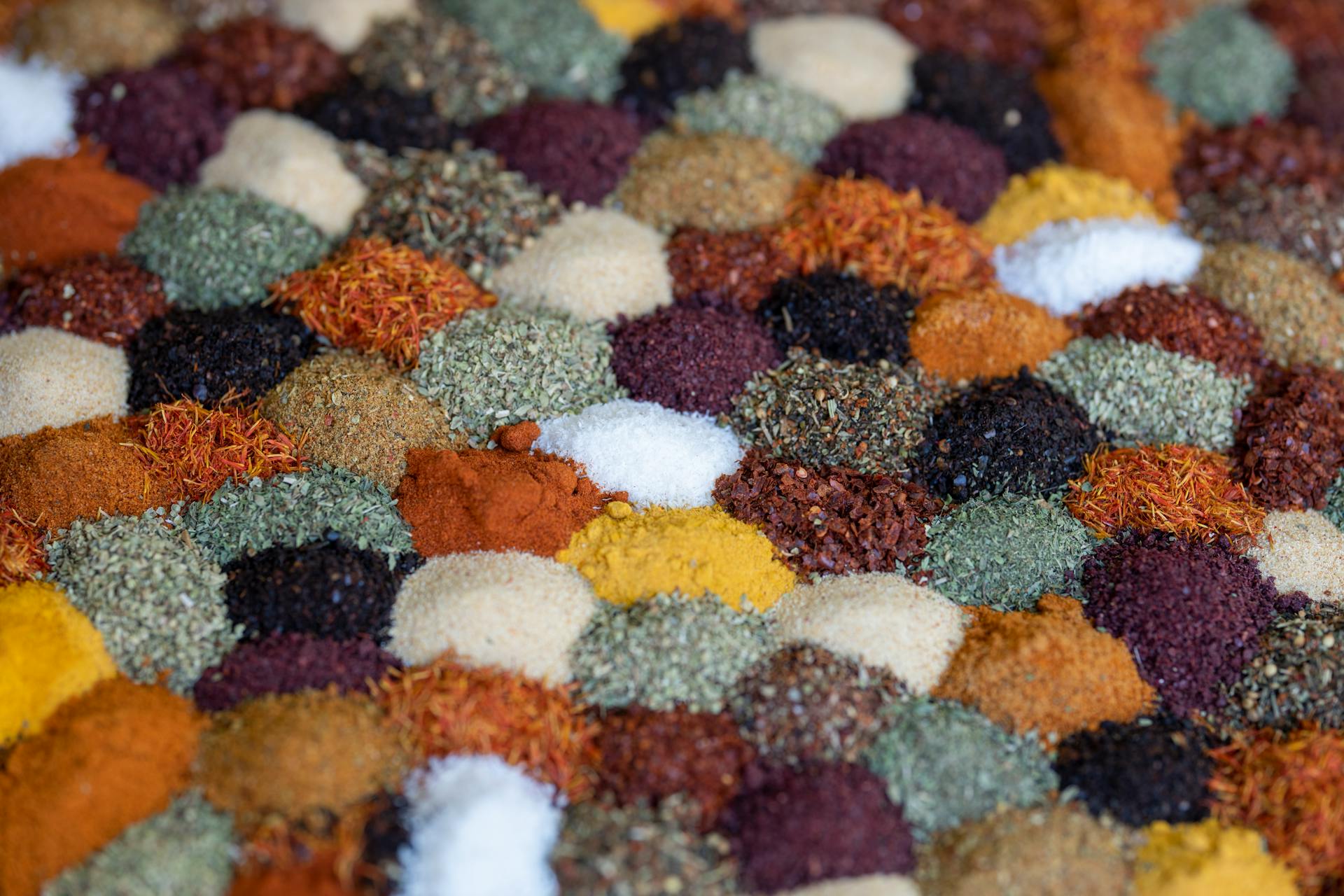
Bananas are a versatile fruit that can be incorporated into meals and snacks. At breakfast time, blend bananas into cereal oatmeal or use them as a topping on overnight oats, pancakes, acai bowls, or chia pudding. For baked good recipes, pureed banana can add moisture and upgrade nutrients to make better-for-you versions. Sliced bananas and minced nuts are traditionally incorporated into desserts including banana pudding, cake, and pie. Try freezing sliced bananas for a healthy treat that can be an ice cream alternative.
Did you know that bananas don't deserve their bad reputation due to being high in calories and carbs? In fact, they provide flavor and nutrients while also having potential health benefits such as promoting brain health and reducing the risk of diet-linked chronic diseases. According to the USDA Food Data Central, an average-sized banana contains about 105 calories, 27 grams of carbohydrates, 3 grams of fiber, 14% daily value (DV) vitamin C, 10% DV vitamin B6, 8% DV potassium, and small amounts of other micronutrients. The American Heart Association recommends limiting added sugars to less than 25 grams per day for women and less than 36 grams per day for men. Bananas can help reduce sugars intake by providing natural sweetness.
If you're looking for ways to enjoy bananas solo or upgrade your meals with their flavor and nutrients, consider trying alternative flours including green banana chickpeas or using nut milks in smoothies. Plant-based ice creams made with split-made oat coconut milk can also be a healthier option compared to dairy-based ones. Stay up-to-date with wellness updates by following us on Facebook or Instagram where you'll find stories like how Neil Patrick Harris ordered his banana splits during quarantine or how UC Santa Cruz is researching the ancient origins of the banana dating back to 7th century BC. The bottom line is that bananas and their bioactive compounds have many health benefits and food quality and safety considerations, so don't feel guilty about consuming them as part of a balanced diet.
Broaden your view: Edamame Benefits
Get to the Core: Understanding the Bottom Line
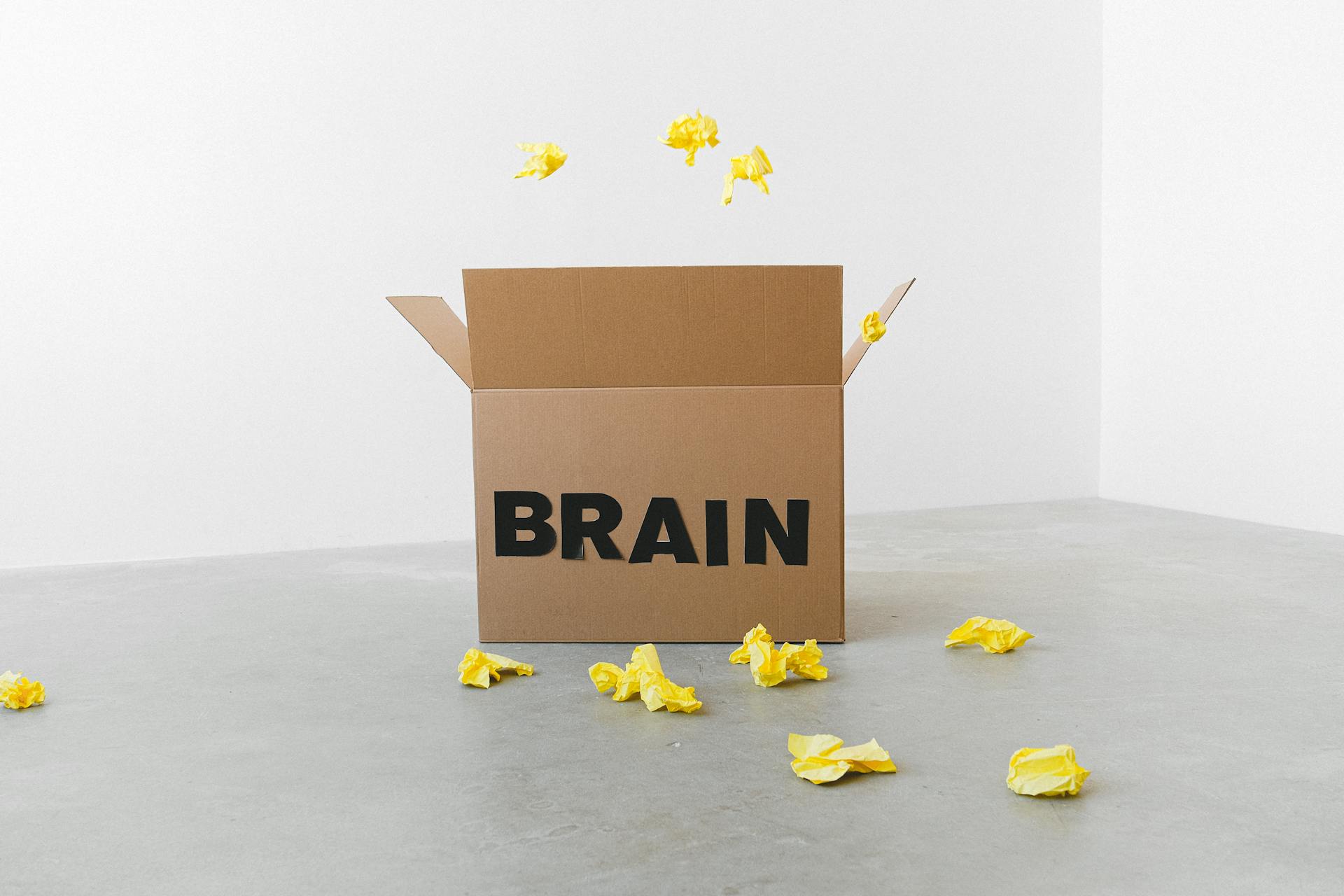
Understanding the bottom line when it comes to bananas generally involves looking at their calorie and carb content. An average-sized banana contains about 100 calories and 25 grams of carbs depending on its ripeness. If you're watching your weight or tracking your daily macronutrient intake, knowing these numbers is essential.
However, it's worth noting that not all carbs are created equal. Bananas contain both simple and complex carbohydrates, with an average-sized banana containing anywhere from 19-35 grams of total carbs. This mix of carbs gives bananas a low glycemic index, meaning they won't cause a rapid spike in blood sugar levels like some other high-carb foods might.
In conclusion, if you're looking to stay healthy and maintain a balanced diet, understanding the nutritional value of bananas is crucial. With only around 100 calories per serving and a moderate amount of complex carbs, bananas can be an excellent addition to any meal or snack. So go ahead and enjoy this delicious fruit in moderation as part of a well-rounded diet!
1. How we reviewed this article:
Medically reviewed by Jerlyn Jones, MS, MPH, RDN, LD, CLT and copy edited by Jill Campbell, this article about bananas calories carbs is the current version as of Aug 3 2021. Adda Bjarnadottir, MS, RDN, ICE is the expert who continually monitors information in the wellness space to ensure accuracy. So if you're curious about the nutritional value of a banana, keep reading!
Frequently Asked Questions
Are bananas high in fat and calories?
No, bananas are not high in fat and calories. They are actually low in both and are a great source of essential nutrients like potassium and fiber.
Do bananas have good carbs?
Yes, bananas are a great source of good carbs as they contain both simple and complex carbohydrates that provide energy for the body. Additionally, they are also rich in fiber and other essential nutrients.
Can you eat banana on a low carb diet?
Yes, you can eat bananas on a low carb diet, but it's important to limit your intake as they do contain natural sugars. Opt for smaller, less ripe bananas and incorporate them into your meals in moderation.
Are banana really worth the calories?
Yes, bananas are worth the calories as they are packed with essential nutrients like potassium and fiber that support heart health, digestion, and overall well-being. Additionally, they can be used in various recipes to make healthy and delicious meals.
What are the nutritional facts of a banana?
A medium-sized banana contains approximately 105 calories, 1 gram of protein, 27 grams of carbohydrates, and 3 grams of fiber. It is also a good source of vitamin C, vitamin B6, and potassium.
Featured Images: pexels.com
